“Home is not where you are born; home is where all your attempts to escape cease”
― Naguib Mahfouz
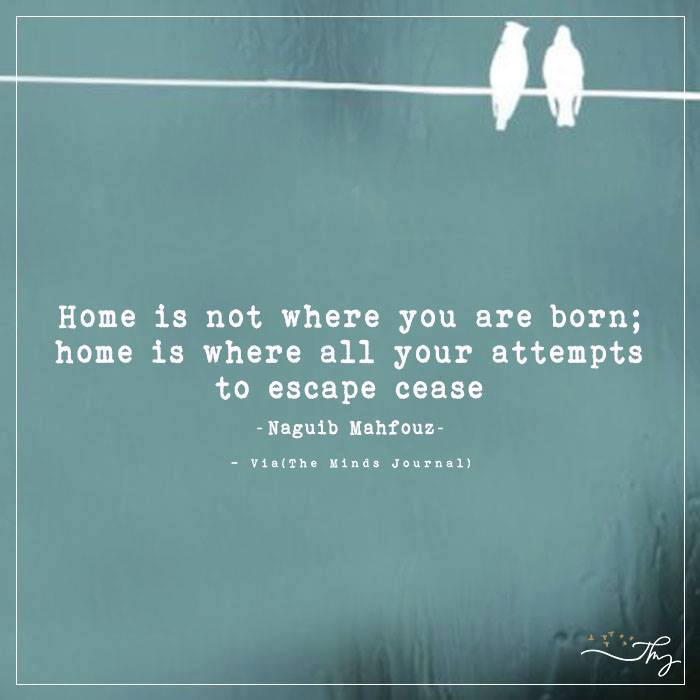
“Home is not where you are born; home is where all your attempts to escape cease”
― Naguib Mahfouz
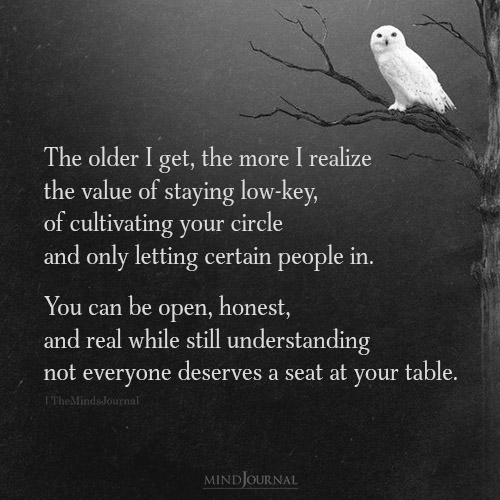
The older I get, the more I realize the value of staying low-key, of cultivating your circle and only letting certain people in.
You can be open, honest, and real while still understanding not everyone deserves a seat at your table.
Life Quotes, short quotes about life, sayings about life, deep quotes about life, live life quotes, quotes about life lessons, life is hard quotes, real life quotes, wise quotes about life

It’s interesting growing up and learning that most adults are not smart.
I had my suspicions as a kid, but I didn’t think the situation was this dire.
– Gennette Cordova
Gennette Cordova Quotes, Life Quotes, short quotes about life, sayings about life, deep quotes about life, live life quotes, quotes about life lessons, life is hard quotes, real life quotes, wise quotes about life
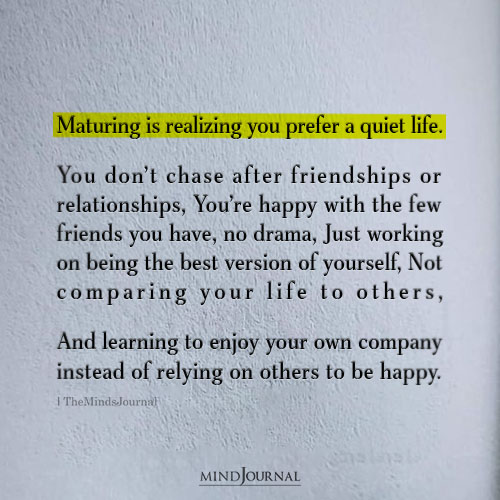
Maturing is realizing you prefer a quiet life.
You don’t chase after friendships or relationships,You’re happy with the few friends you have, no drama,Just working on being the best version of yourself,Not comparing your life to others,
And learning to enjoy your own company instead of relying on others to be happy.
Life Quotes, short quotes about life, sayings about life, deep quotes about life, live life quotes, quotes about life lessons, life is hard quotes, real life quotes, wise quotes about life, Life Lessons Quotes, lesson learned quotes, words of wisdom about life lessons, life teaching quotes, heart touching life lesson quotes, quotes about life lessons

Somebody said, “Being overly independent is a defensive mechanism from constantly being let down” and I promise I felt it in my soul.
Deep Quotes, deep quotes about life, deep short quotes, deep quotes on life, deep meaning quotes, short deep quotes, deep thought quotes, Life Quotes, short quotes about life, sayings about life, deep quotes about life, live life quotes, quotes about life lessons, life is hard quotes, real life quotes, wise quotes about life

Experience has taught me that when pride wins…We all lose.
– Alfa
Alfa Quote, Deep Quotes, deep quotes about life, deep short quotes, deep quotes on life, deep meaning quotes, short deep quotes, deep thought quotes, Life Quotes, short quotes about life, sayings about life, deep quotes about life, live life quotes, quotes about life lessons, life is hard quotes, real life quotes, wise quotes about life
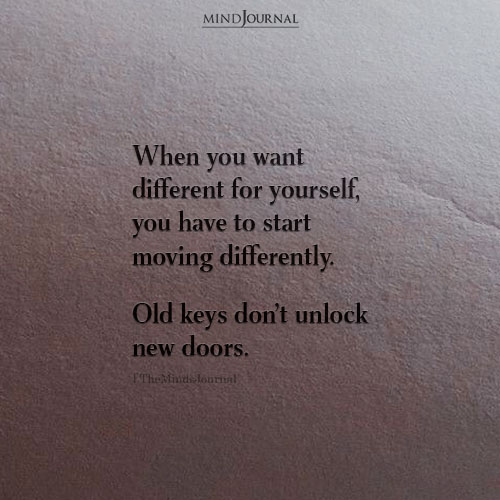
When you want different for yourself, you have to start moving differently.
Old keys don’t unlock new doors.
Life Quotes, short quotes about life, sayings about life, deep quotes about life, live life quotes, quotes about life lessons, life is hard quotes, real life quotes, wise quotes about life

You still have so many years to meet so many people you never knew you could love so much.
Life Quotes, short quotes about life, sayings about life, deep quotes about life, live life quotes, quotes about life lessons, life is hard quotes, real life quotes, wise quotes about life

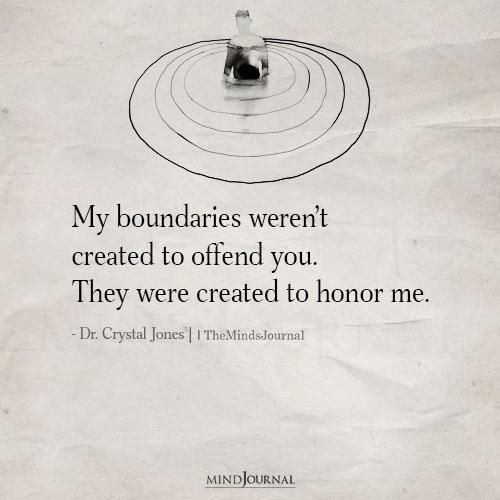
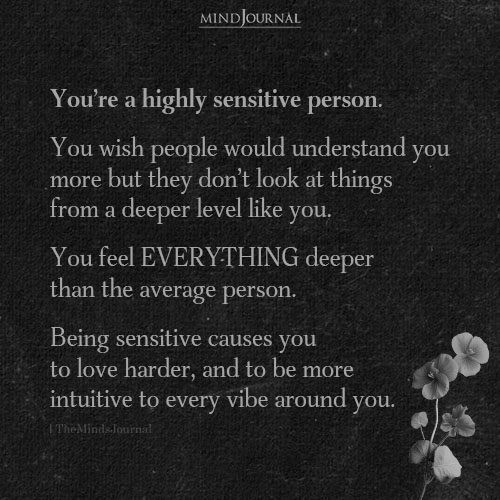
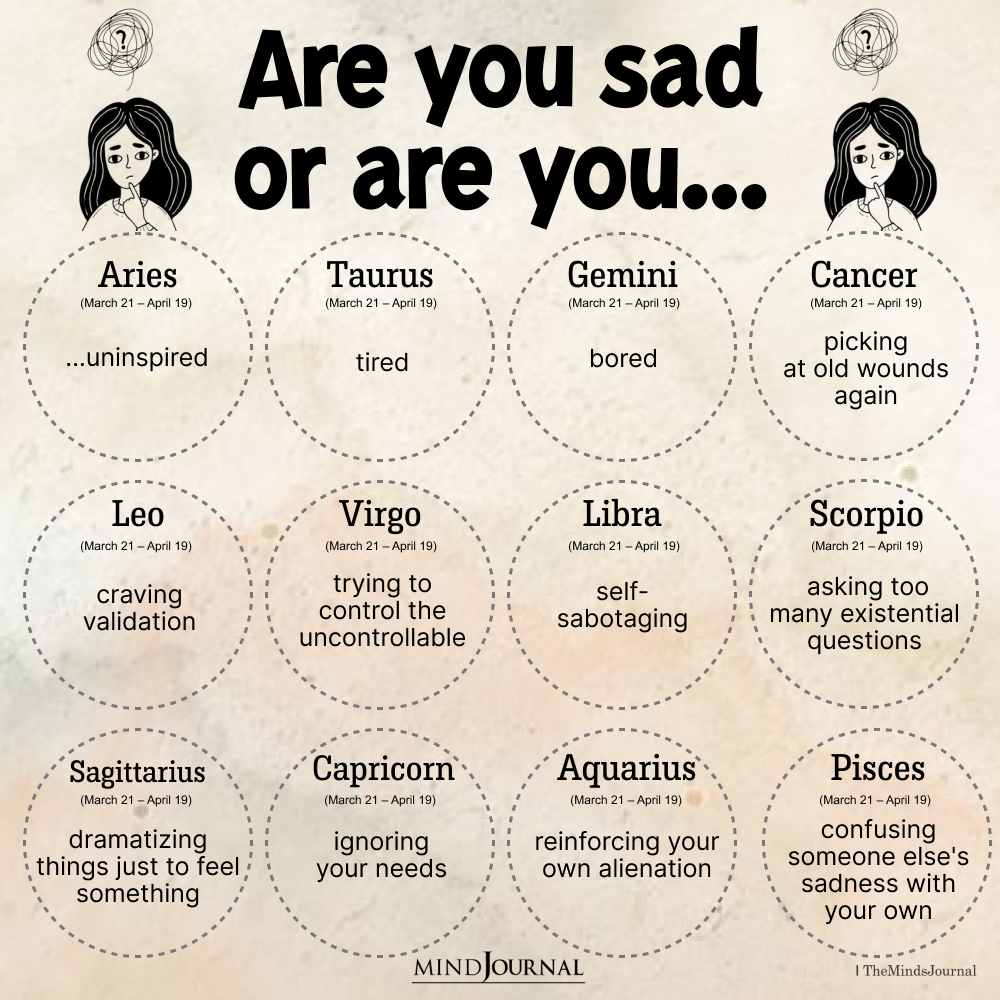

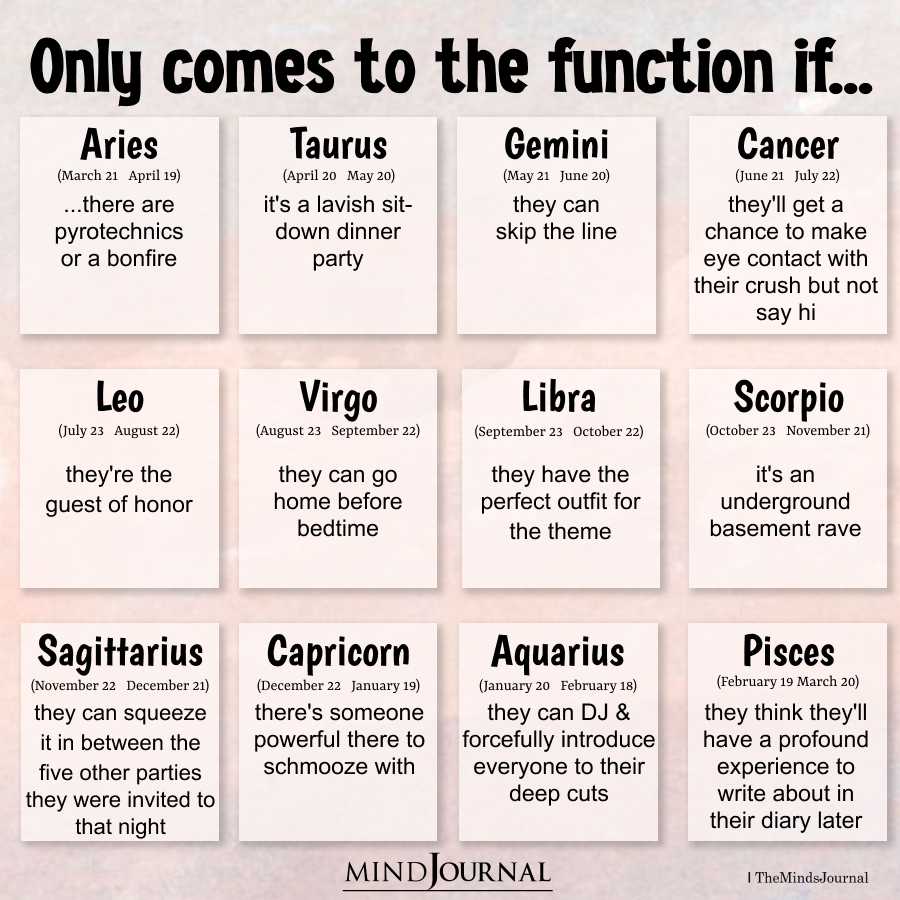
Leave a Reply
You must be logged in to post a comment.